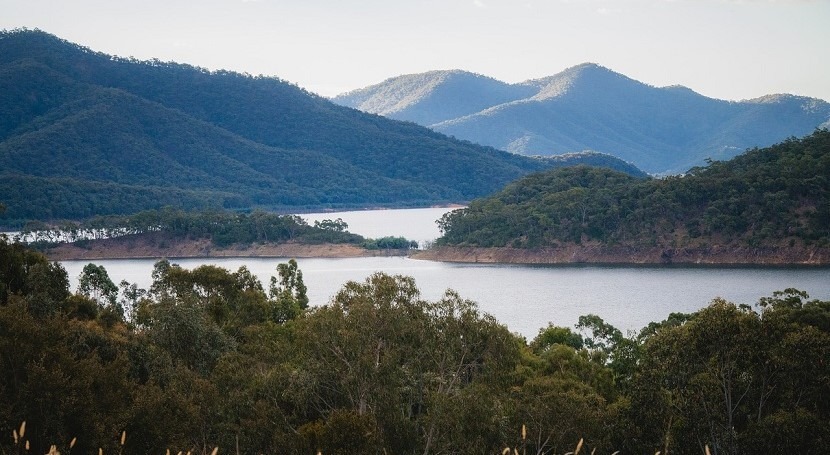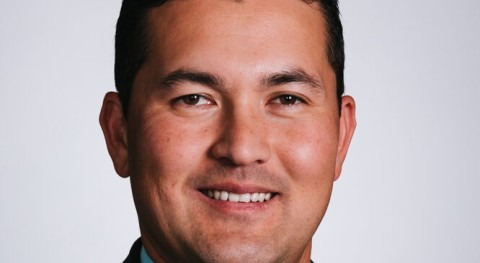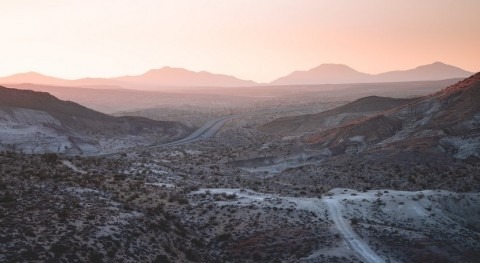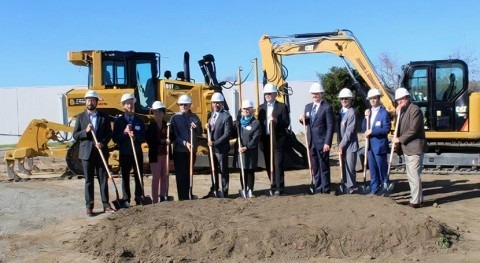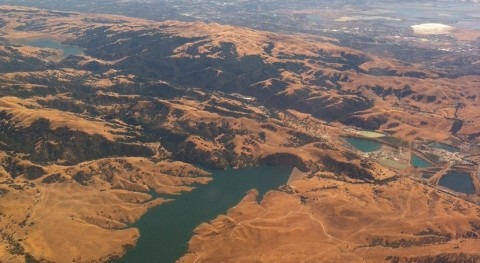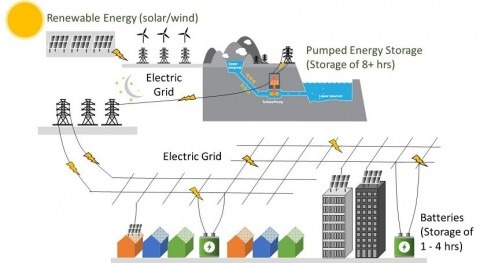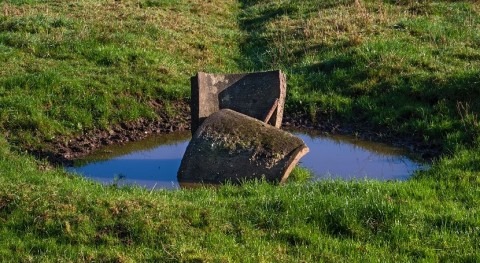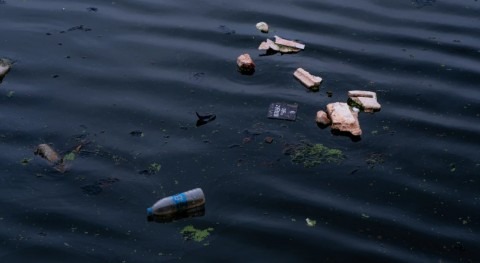Entirely dependent on imported water, Las Virgenes Municipal Water District (LVMWD) in the Los Angeles area is constantly seeking innovative ways to diversify its water supply. And now, it may have hit on an experimental process that could not only augment its water supply with locally produced water but make a global difference in making desalination more accessible and environmentally safe.
LVMWD recently announced a partnership with OceanWell, a company seeking to pilot the first-ever “blue water farm”. Blue water refers to fresh water harvested from the deep ocean or other raw water sources. The LVMWD Board of Directors has unanimously approved a Memorandum of Understanding (MOU) that paves the way for the public/private partnership to research an environment-first approach that addresses the increasing concern of water scarcity and reliability.
This project will test OceanWell’s proprietary water purification technology to produce safe, clean drinking water without the environmental impacts of traditional coastal desalination methods. Past ACWA Executive Director Timothy Quinn serves as OceanWell’s Water Policy Strategist.
OceanWell’s technology can be used in fresh, brackish, or saltwater environments, allowing any raw water source to become a potential source for drinking water. The pilot project is expected to start testing the state-of-the-art technology in LVMWD’s Las Virgenes Reservoir in the City of Westlake Village within the next year.
This partnership aims to establish OceanWell’s submerged filtration technology that revolutionizes the process of supplying fresh drinking water from any raw water source, including the ocean.
We want to assure our communities that we’re investigating all options to diversify our water portfolio without impacting the environment
Off the coast of LVMWD’s territory, blue water farms would use water pressure at depths of over 1,000 feet to drive the reverse osmosis process, while safeguarding marine life and protecting delicate aquatic ecosystems. This includes disposing of brine without harming sea life. As conceived, the system is reliable, low energy, scalable and minimizes the need for onshore facilities and the associated environmental impacts.
One blue water farm would consist of five pods sunk to the ocean floor, with each pod producing about 1,000 acre-feet per year. LVMWD envisions using about three pods, which would supply about 15% of its water supply, according to LVMWD Public Affairs and Communications Manager Mike McNutt. At the same time, LVMWD’s Pure Water Project Las Virgenes-Triunfo will be operational before 2030 and produce 30% of the district’s supply. Adding that to blue water farm production, and LVMWD estimates it could reduce its reliance on imported water by 45%, McNutt said.
Traditional onshore desalination plants consume energy to force water through the reverse osmosis process at about 800 pounds-per-square-inch (psi), while OceanWell’s technology will use hydrostatic pressure at the seafloor to apply 600-700 psi through the process, according to OceanWell Director of Engagement Kalyn Simon. While Oceanwell’s recovery time is lower, the trade-off is a process consuming up to 50% less energy.
The concept has been around since reverse osmosis was first developed about 60 years ago but wasn’t within reach until advances in subsea oil and gas extraction technology enhanced the use of remotely operated vehicles on the seafloor, according to Simon.
Ultimately, the potential behind OceanWell’s approach to desalination could answer water supply needs locally and worldwide, McNutt said.
“We want to assure our communities that we’re investigating all options to diversify our water portfolio without impacting the environment,” McNutt said. “This technology could be implemented anywhere in the world.”
The collaboration comes at an opportune time, as the region recovers from years of record-breaking drought that disproportionately impacted LVMWD’s customers. Diversifying LVMWD’s water portfolio is critical to minimizing future climate change impacts. The strategy includes embracing innovative solutions to create local water resources that reduce the region’s dependence on imported water.
“We are excited to embark on this cutting-edge initiative with OceanWell,” LVMWD General Manager David Pedersen stated in a news release. “Providing clean, healthy, and consistent water to our customers is the most important function of our water utility. Researching new technology can help us ensure a more sustainable and reliable water future.”
“This MOU and the collaboration with LVMWD are a major milestone in our ‘environment first’ strategy, aiming to bring OceanWell water farms to California municipal water systems,” OceanWell Founder and CEO Robert Bergstrom stated in the news release. “After seven years of research and technological development, we are proud to present OceanWell as a sustainable, reliable, and environmentally friendly source of fresh water.”


